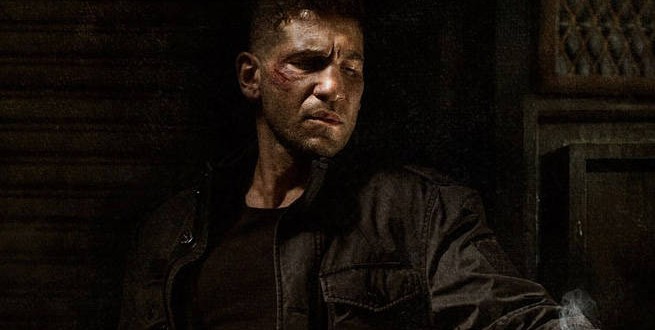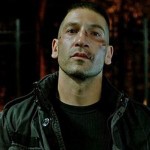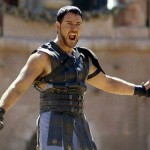Lunchtime Reviews Volume IV: The Punisher Problem Part 2
During the last go around I had nothing kind to say about Frank Castle. I based those opinions on the first three episodes of Marvel’s The Punisher (tinted by years of enmity toward Frank Castle as a comic book character). During that first arc we witness Frank Castle murdering a bunch of people, roughing up his kid in a flashback, and charging into battle in Afghanistan with terrifying fury. Given how little I expect out of Marvel in a post Iron Fist world, those three episodes gave me no reason to believe the show could surprise me. Why should I believe a morally ambiguous vigilante would be capable of growing as a character when his very modus operandi is rooted in being stagnant and unflinching?
They killed my family. I will kill them. Rise. Repeat.
Yet here I am at episode ten, and I find myself engaged in this story on both a narrative and philosophical level. What follows are a few words on the latter that inform the former.
I enter the freshman season’s last act absent a clear answer to my fundamental question about Frank Castle. What gives him the right? Why is Frank Castle something so special that he can mete out absolute justice? There are, at least, vignettes that begin to show what makes Frank Castle different when compared to a run-of-the-mill home grown terrorist.
Consider Frank’s interaction with David’s son. Frank responds to the bullying pre-teen with the two things bullies understand: fear and force. As an audience, we can be fairly certain that Castle’s personal code would not let him harm the boy, though most reasonable people would question his extreme choice in methods.
What’s unexpected is the revelation that this child is a kindred spirit to Frank Castle. They are both traumatized, both teetering on the knife’s edge of despair and self-annihilation. The pivot from Castle the Punisher to Castle the father shows a character who is not bereft of humanity, or one for whom compassion is a Patrick Bateman-esque performance a la Billy Russo. Castle becomes a study in compartmentalization.
Even before his family was killed, Castle admitted that there were times when he preferred his life as a soldier compared to his life as a father. It may be a bridge too far to say that Castle enjoyed the killing, but having a singular purpose certainly appealed to him. Said purpose cultivated or created in Castle the ability to set aside the things that would restrain another person.
To that end, I submit Frank Castle doesn’t fit within the confines of the superhero framework as established by the MCU. Furthermore, we need to jettison the yardstick that we might use to evaluate the likes of Daredevil or Jessica Jones when talking about Frank Castle. Frank the compassionate person points in a certain direction, and then Frank the Punisher gets the job done. He can pivot between the two, but he can never be both at the same time. Conventional Marvel heroes are who they are with or without the mask. There’s no difference between Matt Murdoch and the Devil of Hell’s Kitchen. Neither Luke Cage or Jessica Jones assume personas; they bring everything of themselves into the fray.
The Punisher is different, and that has surprised the hell out of me.












